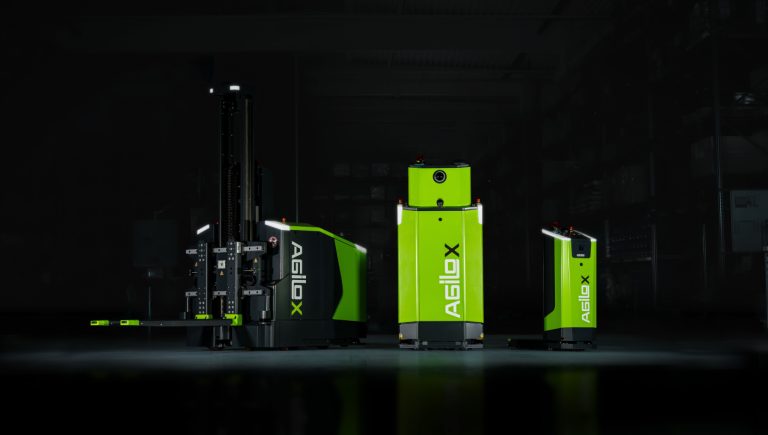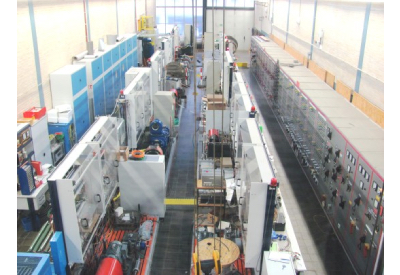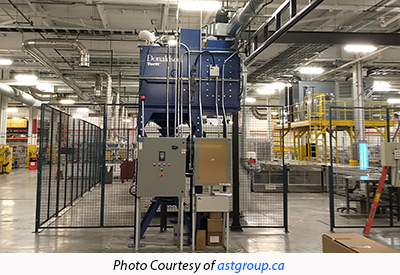Top 3 Design Features for a Safer Motor Control Center (MCC)

October 6, 2020
By Mark Ossanna, Senior Product Marketing Specialist, Rockwell Automation
Is your motor control center designed with safety in mind? Here are our top three design features for a safer motor control center.
If an uncontrolled arc flash occurs within an MCC, the result is downtime, expense and most concerningly, employee injury. With five to 10 arc explosions occurring every day in the United States, the risk is real.
We know that in manufacturing, time equals money, and downtime can have a catastrophic impact on the bottom line. Roughly 82% of companies have experienced downtime in the last three years. Estimates show that each outage can cost a company as much as $260,000 USD per hour. When combined with the cost to replace the damaged equipment, these failures can be financially devastating. On top of that, there’s an impact that can’t be calculated in purely financial terms, the risk of injury to your most valuable assets: your employees. Let’s look at the numbers just for the U.S.:
- – An average of 1952 people are injured by electricity each year
- – Between 2012 and 2016 a total of 739 workers died from exposure to electricity. That equates to nearly 3 deaths every week over the 5-year period
So, what can you do to make your MCCs safer? Here are our top three safety design feature picks:
Bus design: How the horizontal power bus is designed and where it’s located in the MCC can both make a big difference in terms of safety. The horizontal bus in a CENTERLINE MCC is located at the back of the MCC in the vertical center. Automatic shutters immediately isolate the vertical bus when a unit is removed, minimizing potential exposure to an energized bus. Robust, low maintenance design features reduce the likelihood of hotspots or failure. CENTERLINE MCCs have fully supported horizontal bus bars rather than point bracing. For additional bus design safety, CENTERLINE MCCs are available with insulated horizontal bus. This helps protect the busbar and can prevent an arc from occurring due to tools, animals, dust, or other surprises.
Ability to disconnect power with door closed: The ability to disconnect or connect the power from an individual MCC plug-in unit without opening the enclosure door minimizes personnel exposure to electrical hazards. With SecureConnect technology, available for CENTERLINE MCCs, a multi-point validation system verifies that power has been disconnected before ever opening the enclosure door. The system allows you to more safely perform work on or remove a unit without taking the entire system offline. Unlike traditional racking systems, disconnecting a unit with SecureConnect technology is quick and easy. Because this movement is quicker than with a racking system, there is a decreased risk of arc faults occurring when power stabs are being connected or disconnected.
Arc containment solution: Any supplier who claims to have a motor control center with arc containment should:
- – Be able to produce a third-party test certificate that certifies results at a specific voltage, available current and time duration. Be sure to ask for relevant safety certificates before making a purchase.
- – Have testing in multiple locations within the MCC (units, bus compartments, wireways, etc.). Some manufacturers will only test in the vertical bus locations, which is one of the easier locations to pass.
- – Meet the complete IEC/TR 61641 standard for IEC installations, or IEEE C37.20.7 for NEMA installations.
If a manufacturer can’t provide documentation that they meet these criteria, their equipment may not be arc resistant, putting you and your assets at higher risk!








